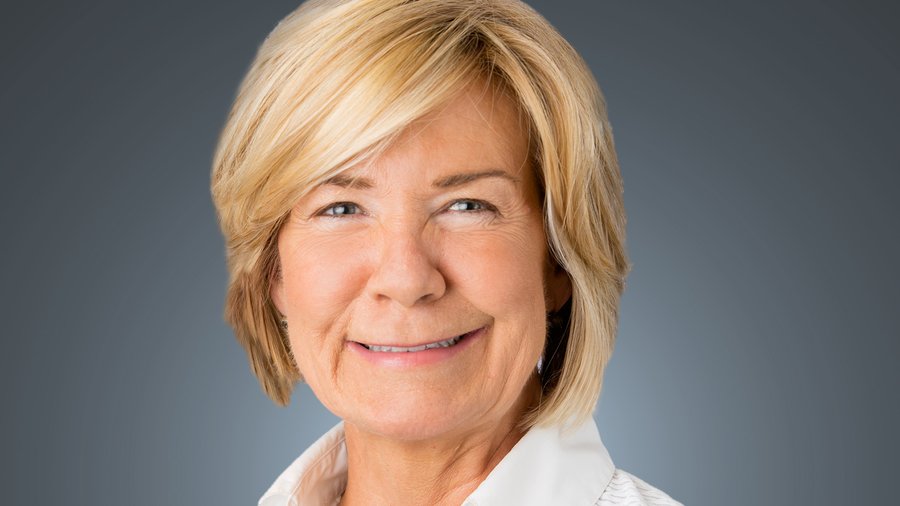Investors have a new way to deploy capital gains and reduce taxes, and law firms are lining up to provide professional expertise.
Husch Blackwell and Polsinelli each have formed new practice groups to advise clients on how to take advantage of a tax incentive created by the 2018 Tax Reform Bill. The new incentive is Opportunity Zones, poorer areas in which high-net-worth individuals, family trusts, corporations, private equity funds, real estate developers and others can invest capital gains and get tax deferrals and reductions.
Husch Blackwell has formed an Opportunity Zone group consisting of 22 lawyers, including six in St. Louis. “We’re trying to put a group together that covers all potential investors and their legal needs,” said Joe Bredehoft, a Husch partner. “It’s our intention for taxpayers to get capital gains deferrals by investing in Opportunity Zone projects.”
There are Opportunity Zones in Missouri and Illinois, including 27 in St. Louis, said Nancy Hawes, a partner and one of 10 lawyers at Polsinelli who form the core of the practice group at its various offices. The program “is so beautifully simple,” she said. “It can be deployed so much more quickly than public subsidies.”
In fact, it’s designed to encourage investments quickly. Here’s an overview:
• Investors have 180 days after realizing capital gains to invest in an Opportunity Fund and defer taxes on the gains until Dec. 31, 2026.
• Investments of five years will result in the elimination of 10 percent of the tax liability on the capital gain.
• Investments of seven years result in the elimination of an addition 5 percent of the tax liability.
• Investments of 10 years in an Opportunity Zone project result in no taxes on the capital gains accrued as a result of the investments. “You’d still pay taxes on the 85 percent, but post-investment appreciation is free,” said Jon Giokas, another partner in Husch’s Opportunity Zone group.
Though the design is intended to be simple, the three lawyers all said that they are awaiting more guidance from the Treasury Department and IRS on specifics. There do not appear to be any minimum investments, though the legal and other advisory costs may not make it advantageous for smaller capital gains.
